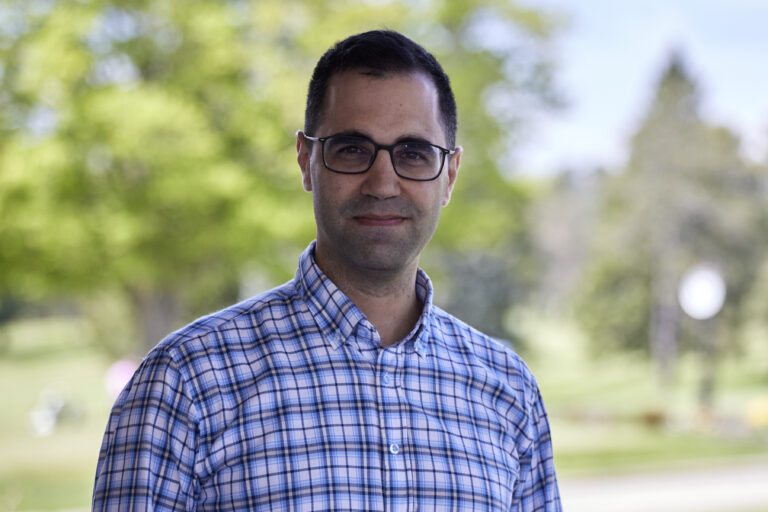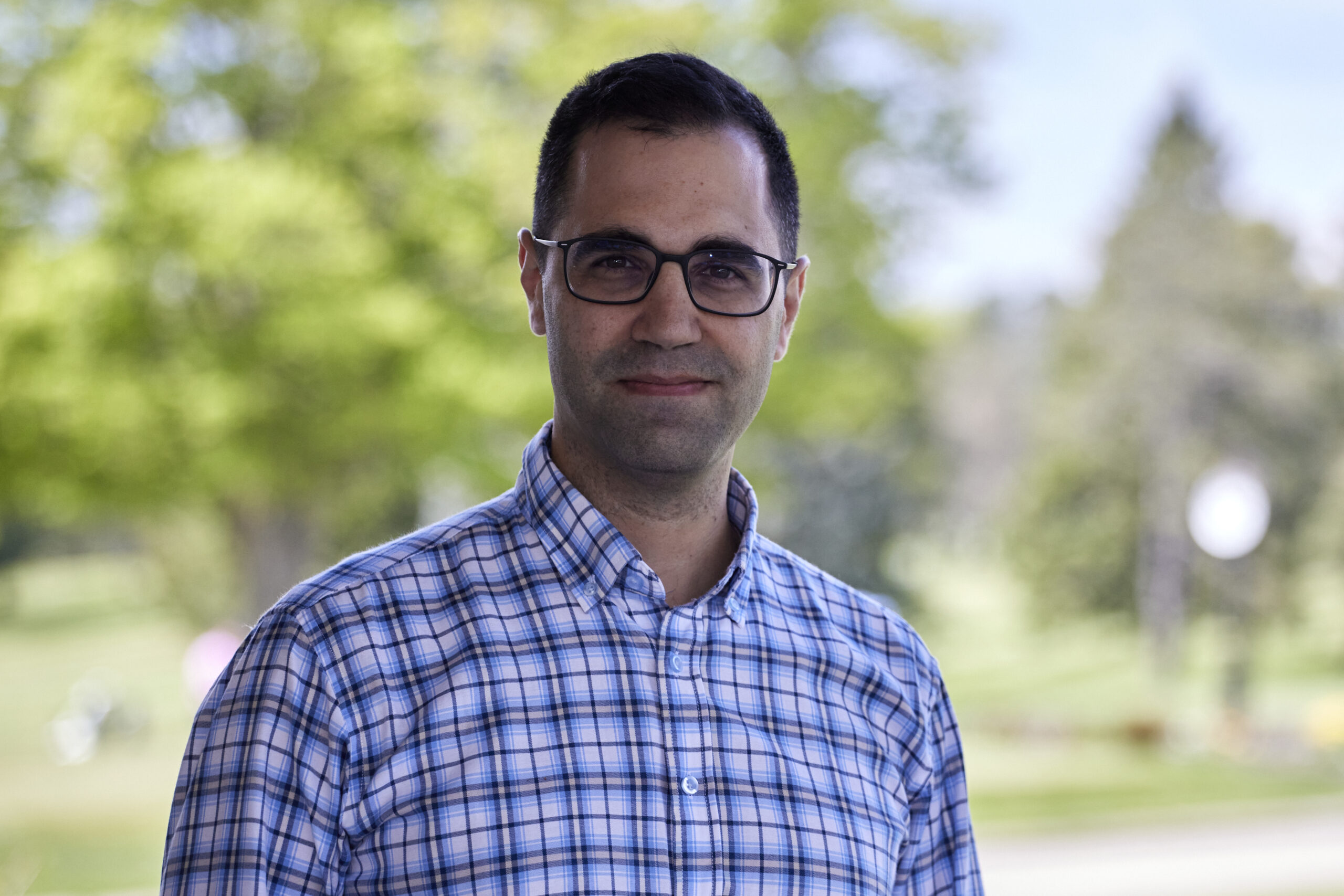A large international study has revealed that avoiding the use of benzodiazepine, a medication used for nearly 90% of patients undergoing anesthesia for cardiac surgery, may reduce the risk of postoperative delirium without increasing the risk of adverse events, like intraoperative awareness.

Jessica Spence
The study findings were presented on April 7th by PHRI Scientist and cardiac anesthesiologist Dr. Jessica Spence at the American College of Cardiology 73rd Annual Scientific Session and Expo in Atlanta, US.
The B-Free trial compared the effect of institutional policies of restrictive vs liberal benzodiazepine use on delirium occurrence within 72 hours after cardiac surgery. This multicentre trial, conducted across 18 sites in Canada and 2 sites in the US, enrolled 19,768 patients randomized to undergo open heart surgery. The study used an innovative design called a cluster crossover trial. Rather than randomize individual patients, B-Free randomized hospitals to use two benzodiazepine policies in random sequence, over the course of up to 18, 4-week crossover periods.
“B-Free examines a novel approach to cardiac anesthesia that will improve the postoperative outcomes of patients having cardiac surgery. Delirium is a common and serious state of temporary confusion that is sometimes called ‘brain failure.’ The experience of having delirium is very upsetting for patients and their families and has even been associated with Post Traumatic Stress Disorder,” said Spence, the Principal investigator of the study.
During the trial, 9,827 patients underwent surgery during periods of restricted benzodiazepine use, while 9,941 patients underwent surgery during periods of liberal benzodiazepine use. When considering only patients managed on-policy, delirium occurrence dropped to 13.7% during restrictive periods compared to 14.8% during liberal periods. Notably, no instances of intraoperative awareness were reported in either group.
While recommendations advise against the use of benzodiazepines in adults over 65 years of age to prevent delirium before and after cardiac surgery, benzodiazepines are used intraoperatively in 90% patients. This may be because the effect of restricting intraoperative benzodiazepines has never been studied. The B-Free trial therefore addressed a very important knowledge gap.
“Post-operative delirium, when it occurs, is associated with heightened morbidity and mortality rates, as well as increased use of healthcare resources. These findings will help shape policies and guidelines for cardiac anesthesia, benefiting both patients’ well-being and healthcare systems” stated Spence.
B-Free was funded by the Canadian Institutes of Health Research, the Heart and Stroke Foundation of Canada, the Accelerating Clinical Trials (ACT) Consortium, and the Population Health Research Institute.
Spence had a conversation with Critical Care Reviews discussing the trial and its significance. Take a moment to listen to the podcast and learn more about the trial's implications.





